Claire N. Tsavliris reaffirms strong commitment to the role of salvage, towage, and wreck removal, in safety and in safeguarding the environment
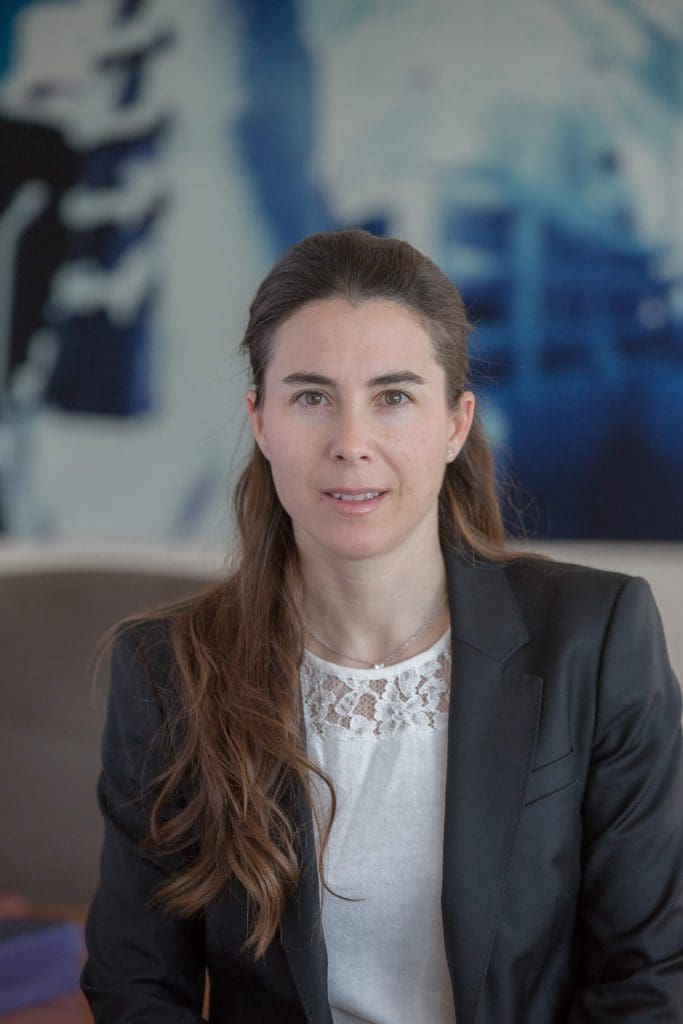
One of the most important sectors of the Shipping Industry – or should we better say Shipping Adventure – is that of Salvage, Towage, and Wreck Removal, aspects deriving from maritime safety and security which also leads directly to the protection of the environment.
We have witnessed a dramatic change in recent years in the entire salvage sector but what always remains important and very much needed are the skills, persistence and courage on the part of the salvage teams on board and ashore. Saving lives whilst putting theirs in grave danger, MUST be recognised by all who are genuinely concerned to defend Planet Ocean from the many catastrophes to which it is vulnerable.
Claire N. Tsavliris from world-acclaimed Tsavliris Salvage*, indeed from the third generation of this shipping entity with its hands-on business mission, responds with clarity to questions from John Faraclas covering the present and future of the entire sector forming an integral part of the maritime eco-sphere, and ranges over the many challenges including operational complexities caused by the pandemic and the moves in the insurance sector impacting the Lloyd’s Open Form contract.
What challenges has the pandemic presented to salvage operations, in terms of access to equipment and personnel, movement of crew, speed of emergency response, co-operation with other firms and so on?
The pandemic (Covid-19) crisis with its subsequent restrictions and ramifications has affected the maritime and salvage industries in equal measure.
Professional salvors’ salvage operations logistics have been made more complex. We at Tsavliris, adapted accordingly: from deploying regional assets and engaging local subcontractors to developing new digital capabilities.
The pandemic seemingly provides a glimpse into a future world, one in which digital has become central to every interaction, forcing both organisations and individuals further up the adoption curve almost overnight. During the previous months we have reassessed our digital initiatives and have upgraded our systems. The pandemic has made digitalisation both a necessity and an expectation.
As many other companies in Greece and abroad, we have introduced teleconferencing on a daily basis with our management, business partners and clients. Our employees work from home in rotation when needed and they have access to the office files remotely. Travelling and face-to-face business meetings have significantly diminished which is difficult, but we have accepted it as a global reality. We are optimistic that we are now entering a new phase of normality with the advancements in the global vaccination process.
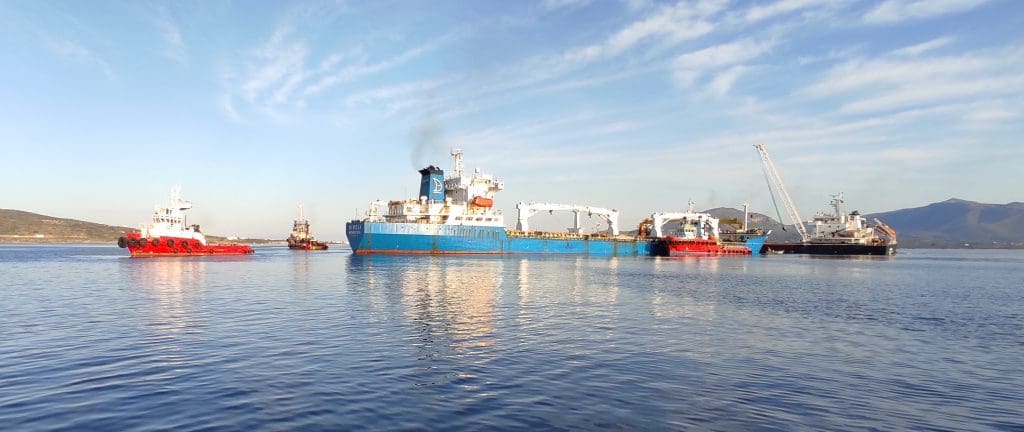
The recent crew change crisis has left hundreds of thousands of seafarers from across the globe stranded working aboard ships beyond the expiry of their initial contracts. How much progress has been done to resolve this crisis and how is your company contributing this effort?
Tsavliris is officially a signatory to the “Neptune Declaration” on Seafarer Wellbeing and Crew Change in a worldwide call to end the unprecedented crew change crisis caused by Covid-19. The “Neptune Declaration” is an encouraging step forward, bringing together industry leaders who are committed to taking action.
Progress on addressing the crew change crisis has been made through significant efforts by individual companies, international organisations, industry associations, labor unions and some governments, but the situation is still not resolved. Fatigue after long periods at sea has significant consequences on the physical and mental wellbeing of seafarers. It also increases the risk of maritime incidents and environmental disasters, and poses a threat to the integrity of maritime supply chains, which carry 90% of global trade.
A number of key issues leave this critical situation unresolved: national authorities around the world continue to see crew changes and international travel as a Covid-19 risk; high-quality health protocols are not being consistently implemented by ship operators; and the disruption of international air travel has reduced the number of flights between traditional crew change hubs and major seafaring nations.
Hundreds of companies and organisations recognise that they have a shared responsibility based on their roles across the entire maritime value chain, and beyond, to ensure that the crew change crisis is resolved as soon as possible.
They have signed the Neptune Declaration on Seafarer Wellbeing and Crew Change that defines four main actions to facilitate crew changes and keep global supply chains functioning:
• Recognise seafarers as key workers and give them priority access to Covid-19 vaccines
• Establish and implement “gold standard” health protocols based on existing best practices
• Increase collaboration between ship operators and charterers to facilitate crew changes
• Ensure air connectivity between key maritime hubs for seafarers
According to the latest Manpower Report from ICS and BIMCO, the worldwide population of seafarers serving on internationally trading merchant ships is estimated at 1,647,500 seafarers!

Your company has consistently performed more services under Lloyd’s Open Form than any other. The recent proposal by Lloyd’s to close its Salvage Arbitration Branch, which provides the support framework for Lloyd’s Open Form, has shocked the salvage and maritime community.
Yes, Tsavliris is one of the most active emergency response contractors for maritime casualties worldwide, as well as the most frequent user of LOF contracts. We perceive that our LOF leadership position will continue consistently into the future.
We are now confronted with the demise (or transformation) of LOF as Lloyd’s of London has proposed to close its Salvage Arbitration Branch it being “no longer considered core” to the corporation’s business.
There has been a significant shock and a general upheaval in the market by all players/stakeholders who consider that this directive would be devastating not only for the maritime industry but also for Lloyd’s at large.
The end of the LOF (incorporating SCOPIC) would have a serious impact on safety at sea and a potentially significant impact on the environment, as well as the possibility of catastrophic losses to communities reliant on the sea for their livelihoods.
There would be increased danger to seafarers and an inevitable increase in loss of property such as ships/cargoes and in businesses affected ashore.
Under the LOF system, a salvage contractor can be appointed immediately and the remuneration settled later, either through direct negotiation with underwriters or arbitration. Alternative forms of emergency response salvage contracts may require negotiation before the salvor is appointed, which would delay the salvage operation.
However, over the past decade, insurers have increasingly favoured alternative contract forms to the LOF, putting its future in question and, in April, Lloyd’s of London said it was reviewing the Salvage Arbitration Branch as part of business reforms now being undertaken at Lloyd’s.
In the absence of LOF there will be a direct impact on insurers and their clients; financial exposure to losses will increase and shipowners and property underwriters will be wide open to common law salvage claims.
We really hope this issue will soon be resolved in the most positive way for the industry by preserving the LOF and the Salvage Arbitration Branch.
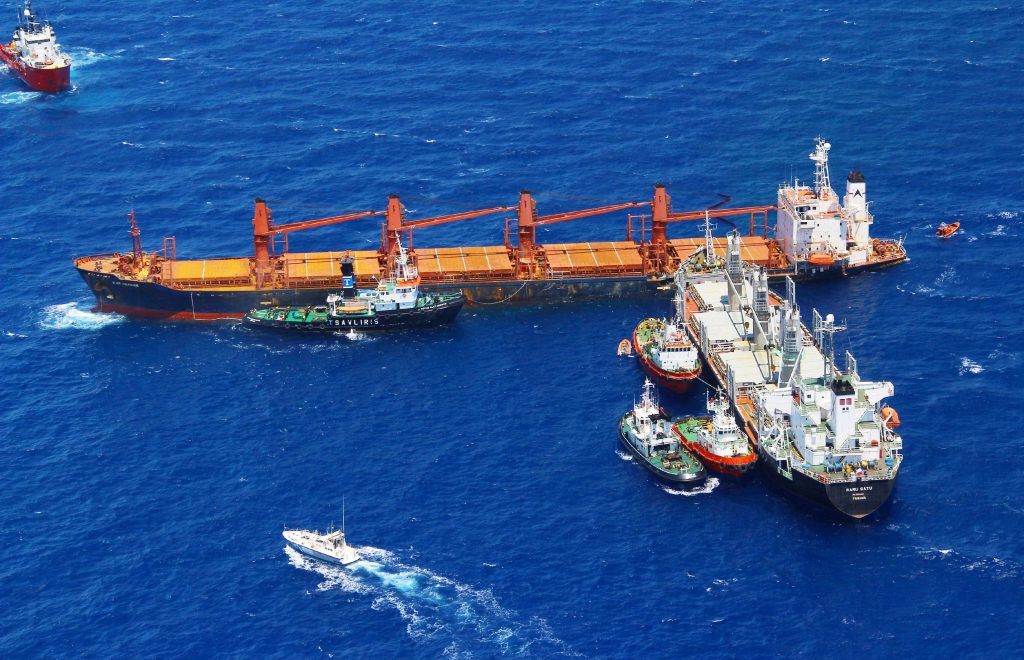
What could the marine insurance sector do to be more supportive of the salvage process: in the past you have been quoted as criticising insurers for not wanting to pay for private sector tugs on station.
Although LOF is an insurers document, many insurers avoid using it, preferring cheap alternatives to the detriment of professional salvors and ultimately to their own interests. To make things clear, we never requested insurers to pay (per se) for salvage tugs on station. We merely encourage ship managers and insurers to support the stationed salvage tug, by preferring LOF which in turn produces encouraging rewards.
What more could be done to highlight the sector’s role in contributing to environmental protection?
The contribution of salvage companies to the well-being of the marine environment and the shipping industry is of pivotal importance and well-settled. It is clear that a strong marine salvage industry is very important to both the shipping industry and the environment especially in a period with growing concern over the impact of global shipping activities on the environment. Major spills are now a relatively rare occurrence but they still occur. One of the salvors’ main roles is to prevent this from happening; by safely removing or containing pollutants to prevent an emergency turning into an environmental disaster.
Salvors are the first and the last line of defense in marine pollution casualties. There is no need to highlight it. Insurers (and P+I clubs in particular), know very well what professional salvors are capable of.
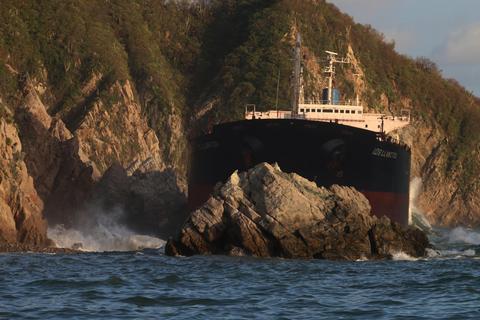
What lessons should the world take from emergency that involved the Ever Given in the Suez Canal?
The “Ever Given” case was a rare accident that has highlighted how much the world’s economy relies on shipping and the salvage industry.
Professional salvors came to the rescue of this massive containership and performed a first-class service.
One lesson was most surely learned i.e., that casualties which may occur will occur anywhere. Another lesson is that an ordinary “run of the mill” casualty can become a multimillion-dollar problem.
A further lesson is that a casualty may end up facing serious claims although it had no part in the fault chain.
Yet another lesson that needs to be learned is that we need to enhance the safety of navigation not only in the Suez Canal but in every canal and every river where space is restricted.
The blockage of the Suez Canal offered a potent reminder of how important a handful of key maritime passages is to the whole global economy. A crisis there, or the Panama Canal, or the Strait of Malacca, or the Strait of Hormuz would create global problems.
And let’s not forget the human factor/error in shipping navigation which takes us back to the wellbeing of our seafarers.
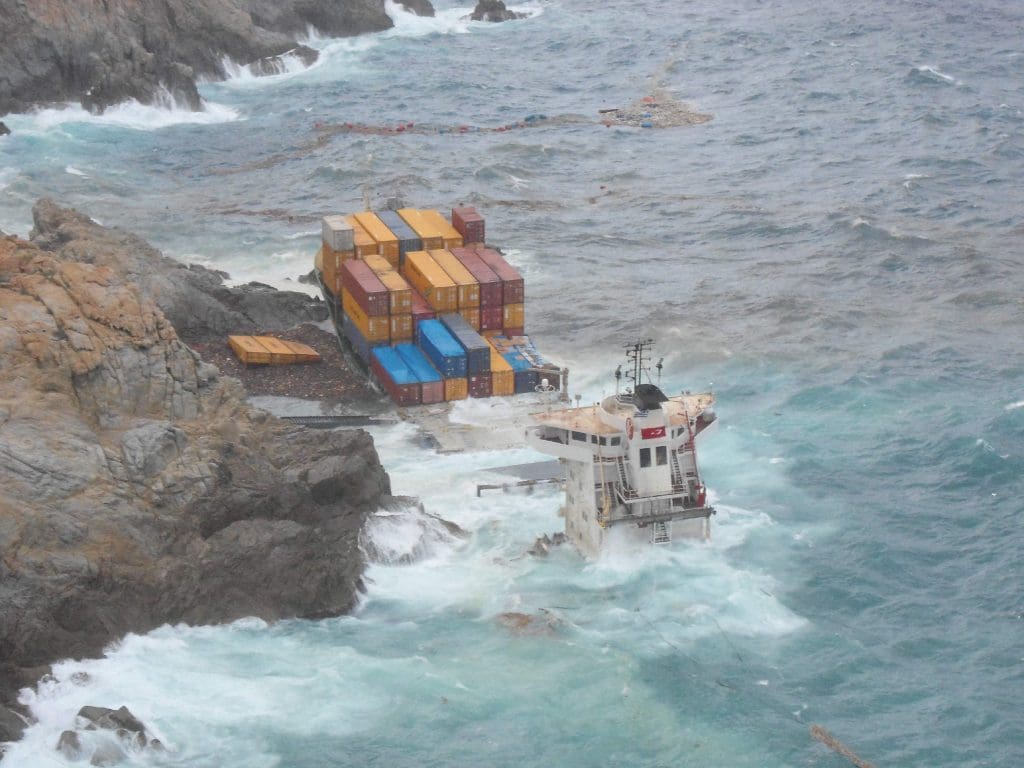
You have been highly supportive of education in Greece and particularly within the maritime sector. How can this best be taken forward given the current limitations on face-to-face classes and gatherings?
Supporting the education of the next generation (onboard and ashore) should be on top of everyone’s agenda. At Tsavliris we support the ICS, HELMEPA, CYMEPA, Athens College etc. We also provide full scholarships for postgraduate studies through the Tsavliris Cultural Foundation.
The coronavirus pandemic has had an impact on all educational institutions, forcing cancellations, closures and inventive alternatives – notably the expansion of online and distance learning options. Some of those changes will likely stay even after COVID-19 is contained.
The COVID-19 coronavirus outbreak has forced the maritime training sector to implement distance learning and embrace the digital evolution.
Online training is often more flexible. It combines a mix of online tutorials, self-work and one-to-one teaching, backed up by verification processes.
In addition, the cost savings from online learning are important in these challenging times. With distance learning, there is no requirement for the teacher to be in the same place as the student, so the teaching staff could include top professors from around the world.
Overall, the educational system of maritime institutions may need to be reshaped to meet the challenges of the information society, technological changes in the industry, and the increasing number of part-time students combining study with work.
and finally, what are the current main emphases of the Tsavliris Cultural Foundation, and on what support will it focus in the near future, given the negative effect that pandemic restrictions are having on opportunities for performance and access of artists and musicians to funding?
The aim of the Tsavliris Cultural Foundation is to promote the spiritual and artistic creativity of people who contribute to the questioning and quest for a better, spiritual and humane society such as artists, intellectuals, “thinkers” on civilisation, society, education and spiritual culture.
One of the most important initiatives of the Tsavliris Cultural Foundation is the scholarships it provides to excelling students who otherwise would not be able to further their studies due to financial constraints. The criteria for eligibility for scholarships are based on meritocratic academic credentials & capabilities and the recipient should be of Greek or Cypriot origin. In 2021 , a full scholarship was awarded to a top student for a Master’s Degree at the University of Cyprus. In 2020, a full scholarship was awarded to another top student for a postgraduate Degree in Shipping & Finance at the Cyprus University of Technology.
Thank you Ms Tsavliris; wish you and all at Tsavliris Salvage all the very best with Good Health above all!
*Tsavliris Salvage Group
Tsavliris is one of the most active emergency response contractors for maritime casualties worldwide and the most frequent user of the LOF contract, having handled over 3,000 casualties. The Group’s international activities embrace every service relating to marine salvage & towage, extending to complex wreck removals and partnering today’s shipowners in fulfilling their obligation to protect the marine environment from pollution. Tsavliris is committed to maintaining a modern global network for providing rapid assistance to shipping. This is achieved through the deployment of its own salvage assets as well as co-operation with regional and international salvage firms.
Tsavliris Salvage Group celebrated recently 100 years from the birth of the founding father, Alexander G. Tsavliris; 75 years from the commencement of the first Tsavliris shipping company and 50 years from the foundation of Tsavliris Salvage in 1964.





